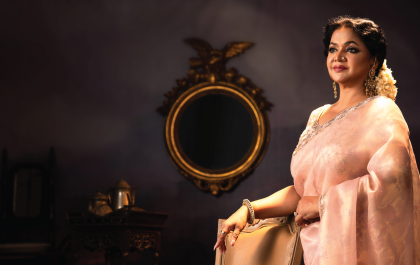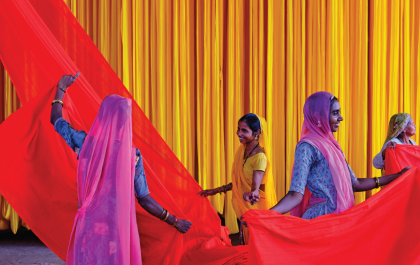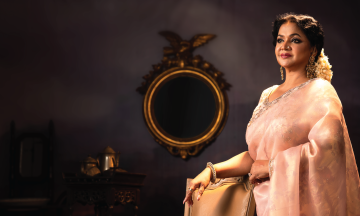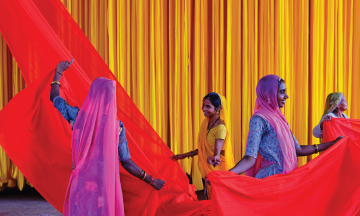By Sabrina Fatma Ahmad
The first instalment of Syed Ahmed Shawki’s Karagar created a lot of hype with its unique plot and stellar cast. Does the conclusion live up to the promise?
An unbeatable location, a top-tier ensemble cast, and an intriguing premise for a story – Syed Ahmed Shawki had both the recipes and all the ingredients for a thunderous hit, and this he had delivered with the first season of Karagar. Set in and around the historic Dhaka Central Jail, the story kicks off when a mysterious prisoner (Chanchal Chowdhury) appears in a decommissioned prison cell just days before the jail transfer. Ostensibly a deaf-mute, the prisoner claims to be a time-traveler thrown into prison centuries ago for assassinating the legendary traitor Mir Jafar. He makes some other startling claims and revelations that spur other around him – the jailer, his police buddy, their reluctant translator, into action, since each one of them has a secret of their own. The first season ended on a massive cliffhanger, creating anticipation for what promised to be an exciting conclusion.
The experience of watching the second half felt like finally getting an intricate puzzle box open to find half the contents missing.
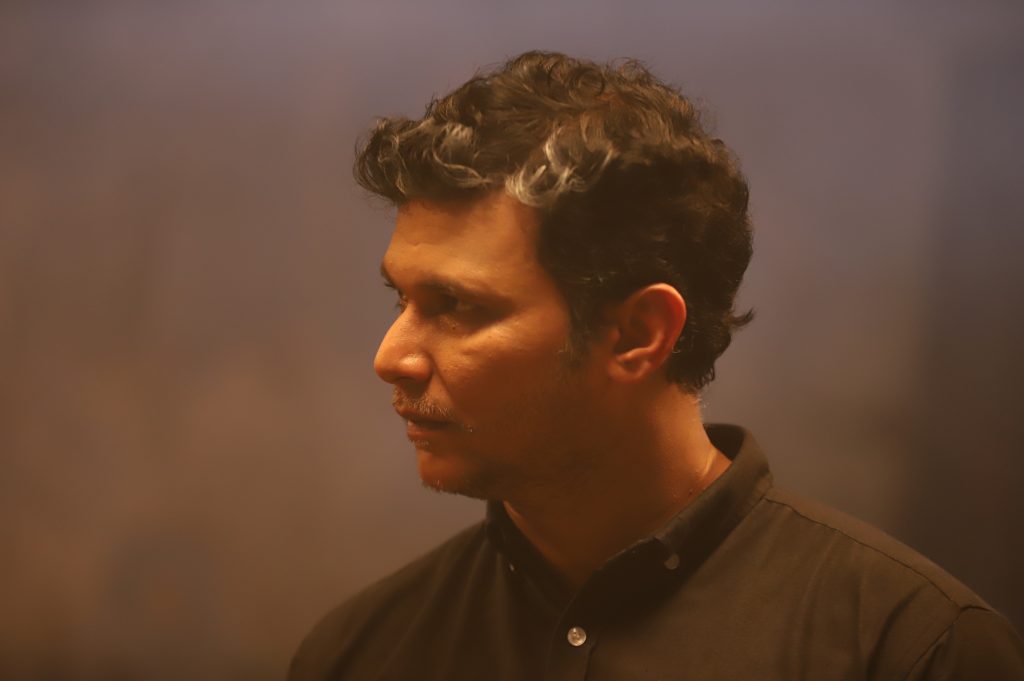
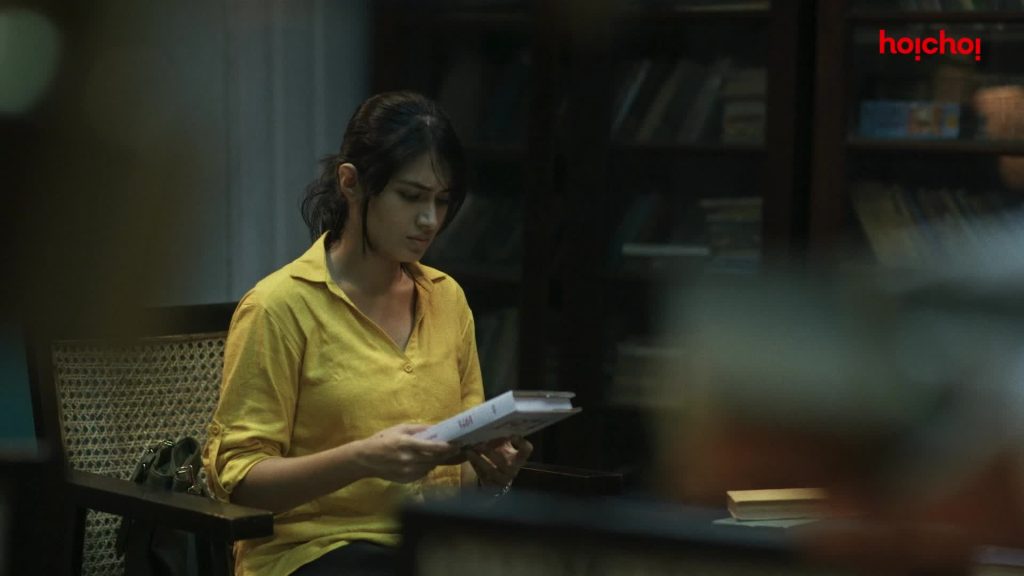
Season 2 opens with flashbacks to 1972, in a nation rocked by the afterbirths from the bloody war that culminated in its conception. In the interests of keeping this review spoiler-free, let’s just say it is related to the origin story of our mystery prisoner, and his grand scheme involving this jail. Perhaps the intention was to undercut the demystification of the character with a layer of pathos, but the whole reveal over seven rushed episodes is more tell than show, and demands a certain amount of imagination from the audience that might be a tall ask.
There were a few questions posed in the first half of the series, such as what is up with Ashfaq (the buddy cop character portrayed by FS Nayeem) and his need to keep his family under surveillance, or the backstory of Mohabbat the hangman (Afzal Hossain). One is not addressed at all, and the other is answered through dialogue. Similarly, because of pacing issues, the completion of the character arcs feel rushed, while at the same time, the sheer amount of expository dialogue makes for a bloated, often dull viewing. This is particularly disappointing because the characters themselves – and the actors portraying them – have everything they need to be transcendental, if they only had that breathing room.
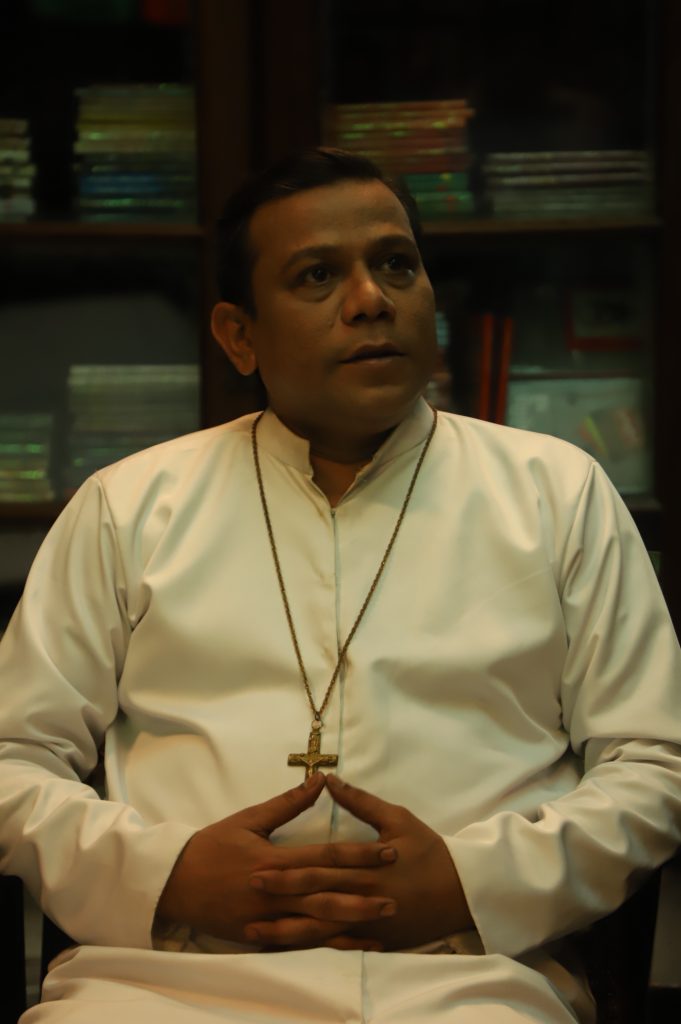
The saving grace of this season lies in the cinematography. Barkat Hossain Palash makes perfect use of the stunning location, and plays with darkness and light to set the mood, and the accompanying score racks up the tension as the show hurtles towards its violent conclusion. There are little nods and flourishes to pop culture greats, such as Martin Scorsese’s Taxi Driver, which discerning viewers might enjoy.





